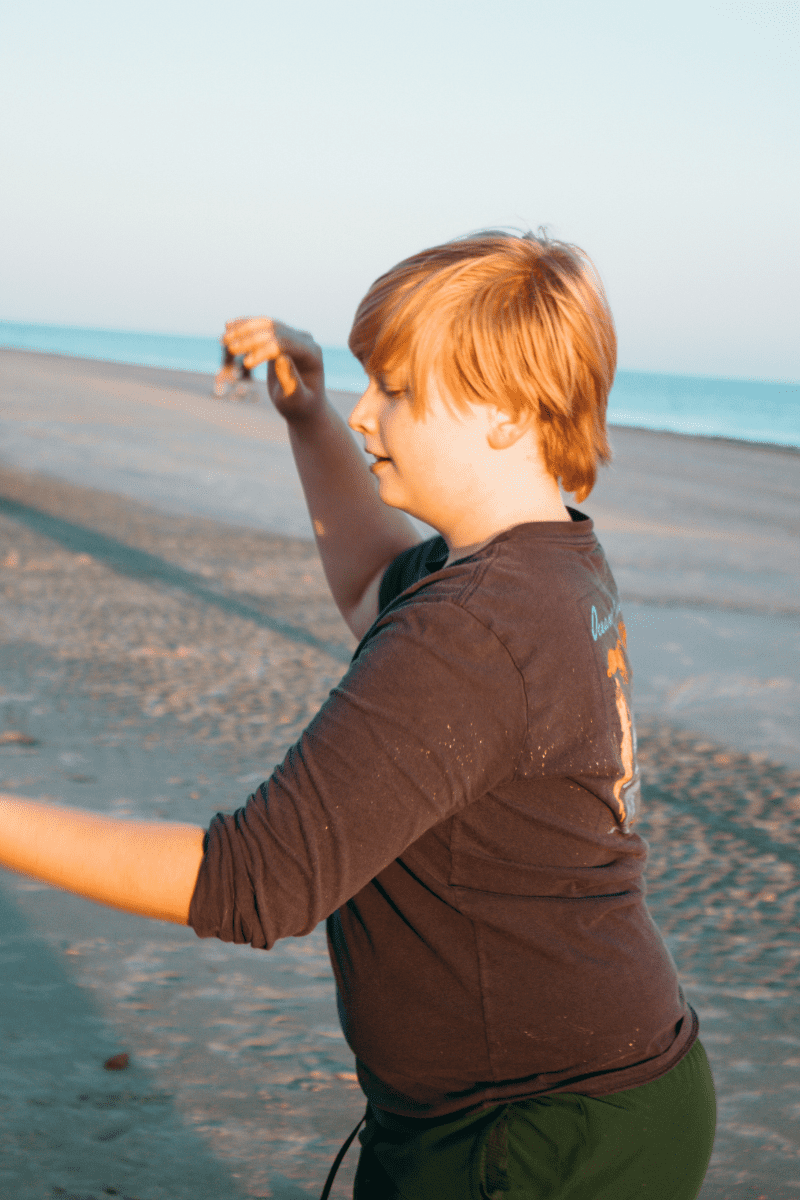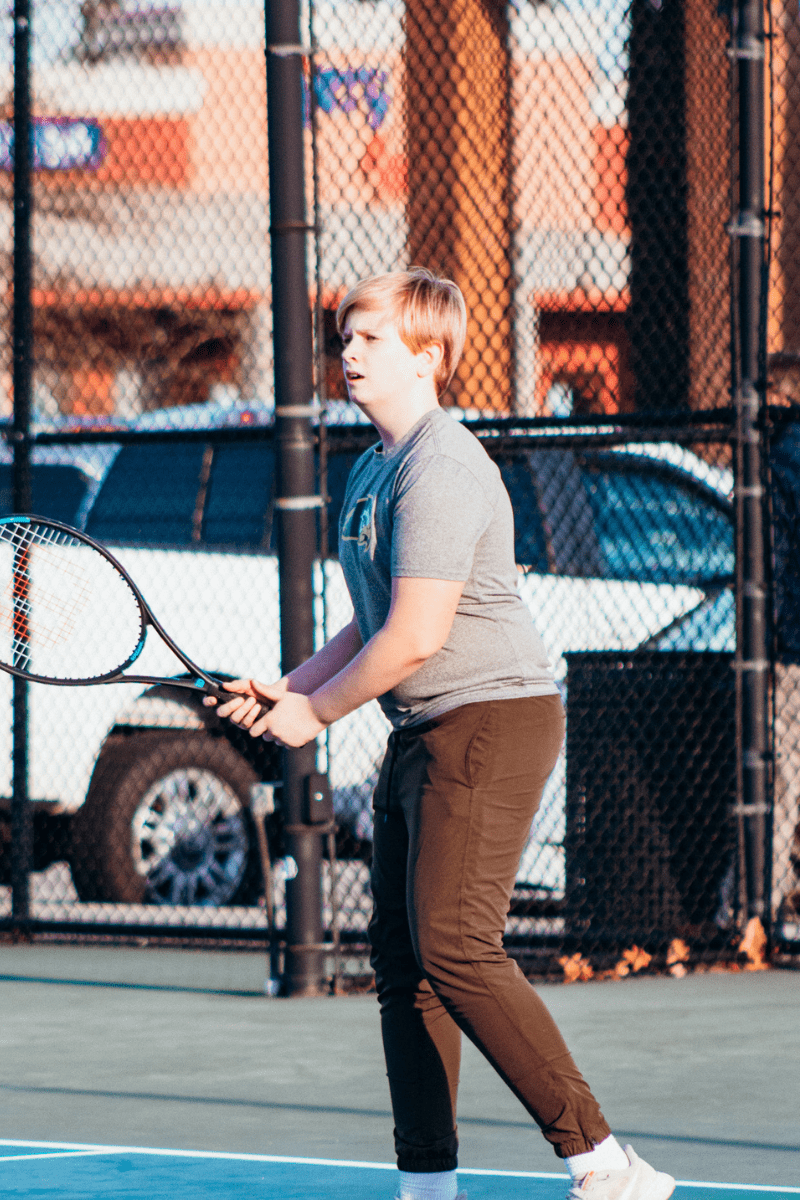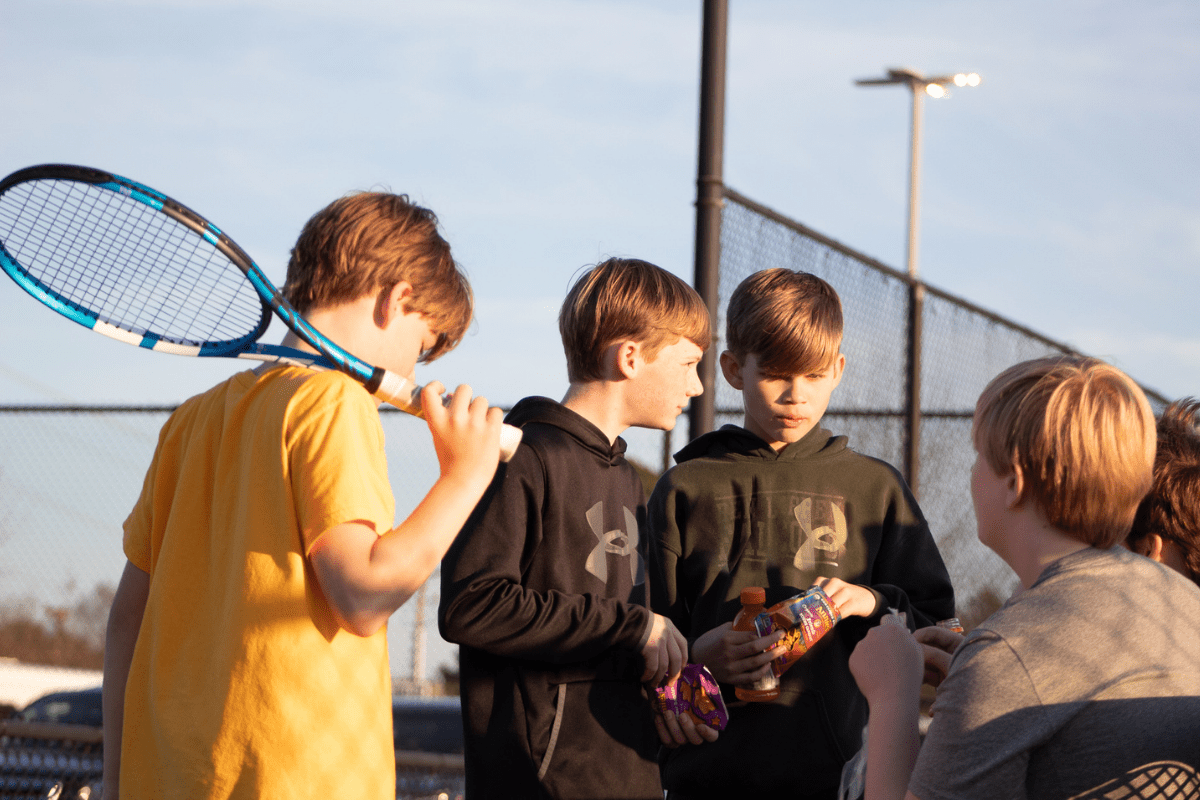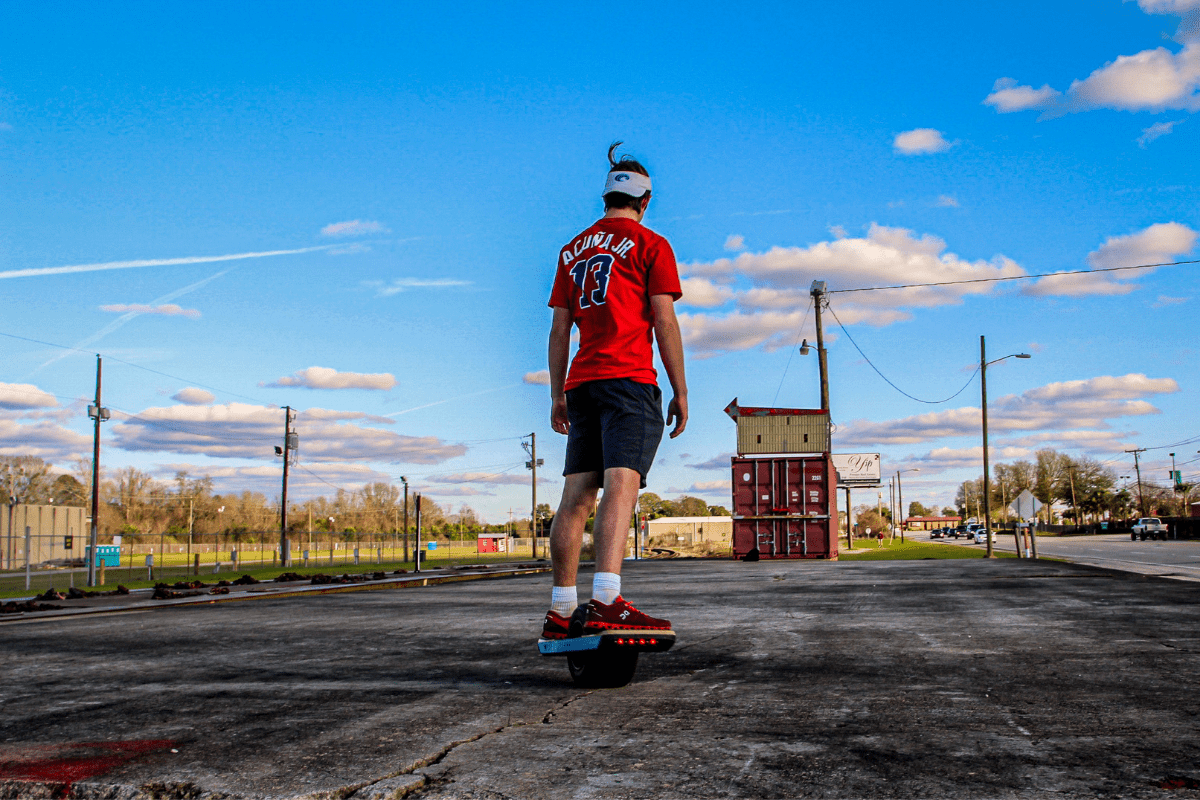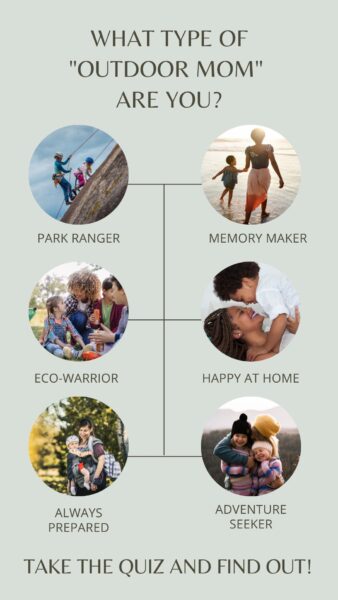As our kids get older and start showing an interest in organized sports, many families struggle with finding balance. Organized sports have many positive attributes and benefits for kids. But, they are also a time commitment that can take away from time spent outdoors or with family. Today, Jen Barnes, South Carolina mom of three teenagers, is here with tips and advice for parents on how to find balance between organized sports and free play for kids.
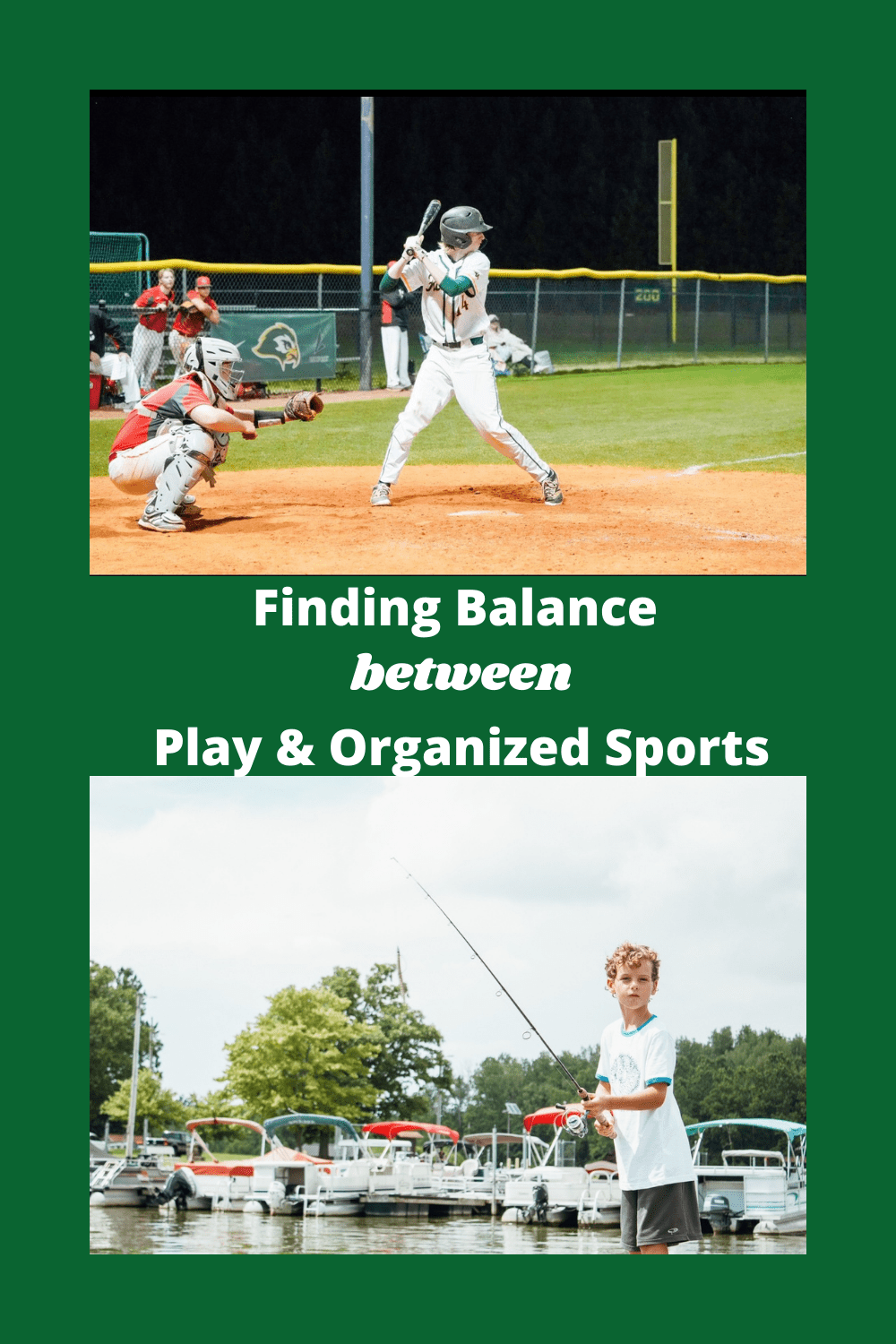
The choice to play sports
For many of us parents, we are living in a world where most of life is filed into the either/or categories. It appears to be no different when looking for a balance between play and organized sports. You either choose for your kids to play organized sports, or you swing in the other direction and choose not to participate in structured youth sports at all.
Many parents seem to think the choice to play sports or not is a clear “either/or” decision. But, I genuinely believe this can be a “yes, and” discussion, instead. The decision to play sports doesn’t have to be all-consuming. You can have kids that play sports and still make time for free play. Your kids can participate in sports and still prioritize nature and outdoor family fun. A balanced approach between the two is the sweet spot, which is what this post is about helping you find.
The difference between play and sports
While it may seem obvious what the differences are, as parents, we can often confuse play and sports. Of course, there are overlaps among both, as well. For the purposes of this article, let me define play as unstructured play or free play, either as an individual or with a group. Sports will be defined as organized sports or competitive youth sports, either as an individual or with a group.
Is it just me or do we often take the negative perspective when weighing parenting decisions? I noticed my frequent language around competitive youth sports contrasted with child initiated play as “don’t”, “can’t”, or “won’t”. As in I don’t want to trap my kids into one sport. As in I can’t structure my life around a sports schedule, or I won’t let my kids learn skills organically.
Together, let’s take a look at the plethora of positives in both youth sports and free play to see if we can marry the two and create a balanced family life for us and our kids. And for those of you who are looking for more outside time for your kids, many sports practices and games take place outside!
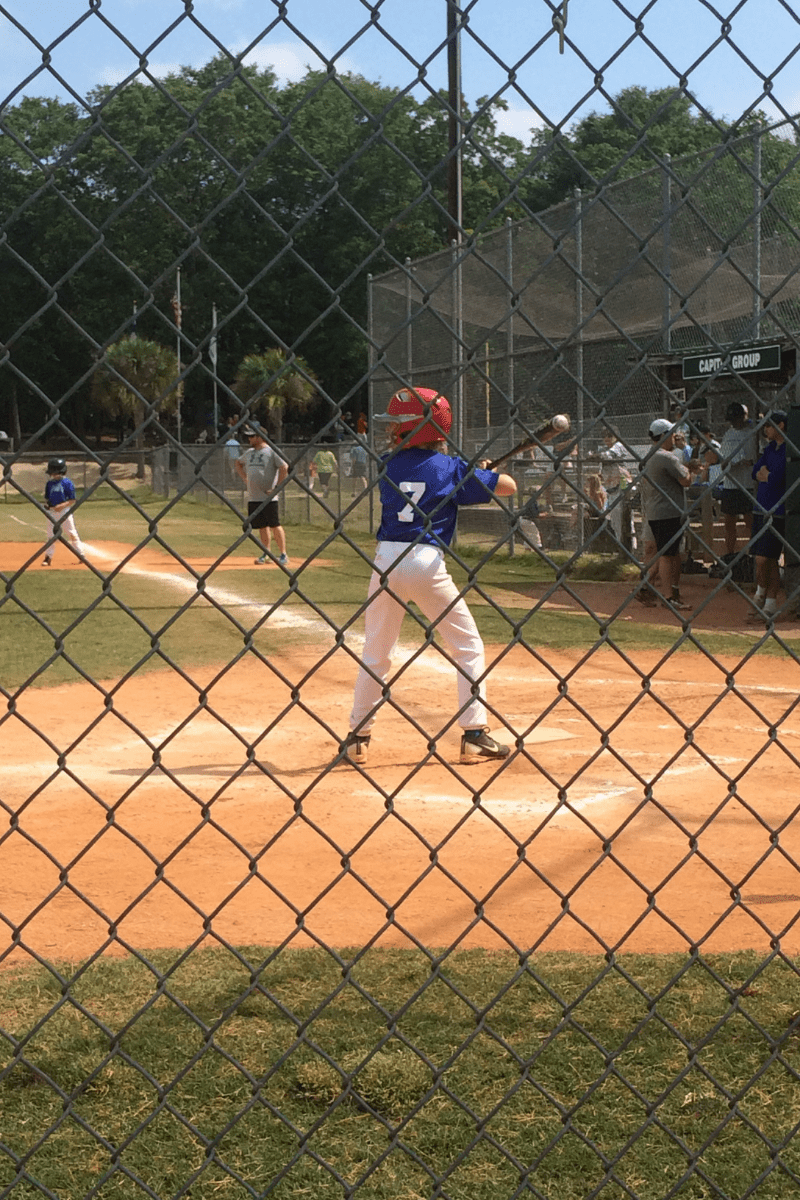
Benefits of youth sports
The benefits of playing sports encompass both body and mind. As kids develop physically, emotionally, and mentally, structured youth sports teams can play a vital role and teach them many important skills and values. You will find benefits of individual sports and team sports as kids progress in their skills and level of competitive play. Local youth sports can start as early as age 3 which can give kids a taste with very little commitment necessary.

Health benefits of youth sports
Youth sports organizations were created as a way to invite lots of kids into programs that work on specific skills such as running, jumping, kicking, catching, throwing, and more. The health benefits of sports are rather obvious as kids exercise their muscular and skeletal systems, often while breathing fresh air and soaking up Vitamin D. Coordination and flexibility are enhanced while simultaneously staving off risks of obesity and cardiovascular concerns.

Emotional benefits of youth sports
The emotional benefits of sports can be found in confidence building, a reduction in stress, and leadership skills. As kids are taught how to apply skills in sports, their confidence grows in what their body is capable of. The mere physical exertion creates a way for the body to eliminate stress and improves mental health in kids. Learning to be a good sportsman and to lose well and face failure is also part of emotional development that every kid needs. These are benefits to playing sports that can be difficult to replicate elsewhere.
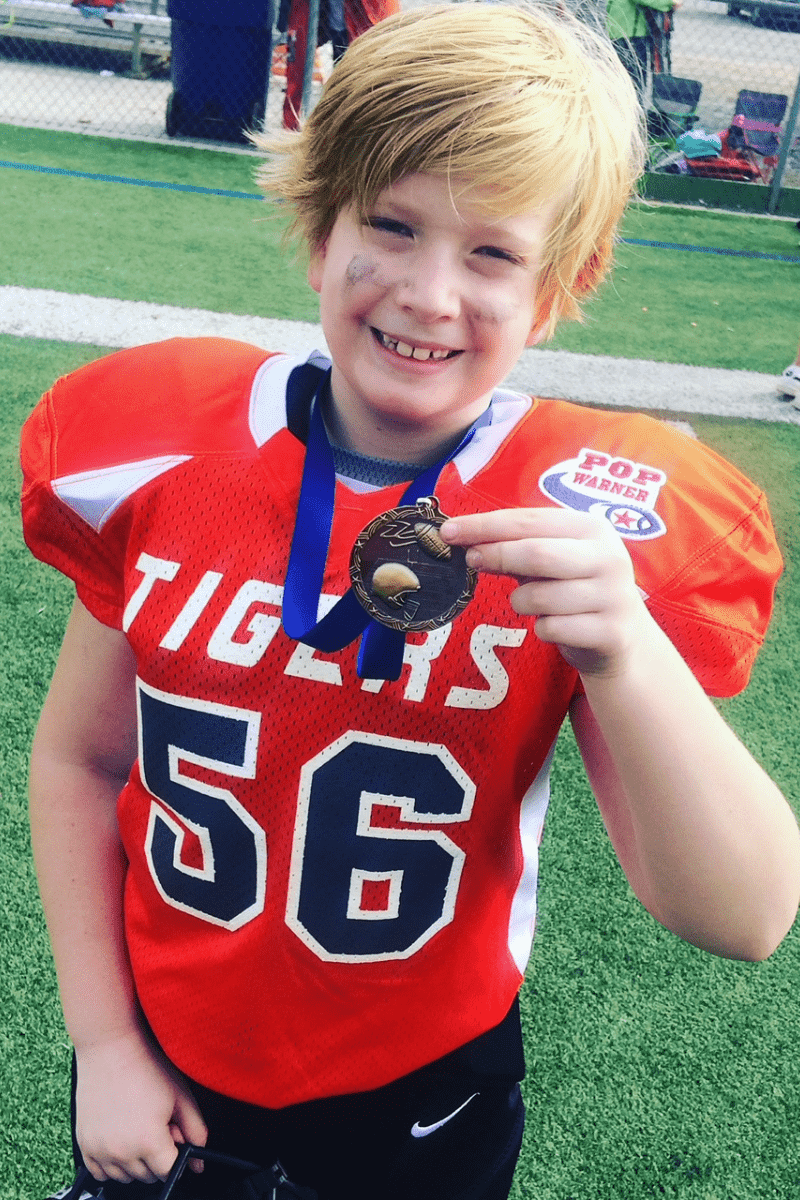
Social benefits of youth sports
Social benefits include blossoming friendships, and a sense of belonging. Both are crucial to child development. Each of my children have lifelong friends that began on a team or in a skills class/lesson. Kids learn to cooperate and communicate with one another while working together on a sports team. Remember that youth sports participation can be an incredible way for only children to get that extra bit of peer interaction.
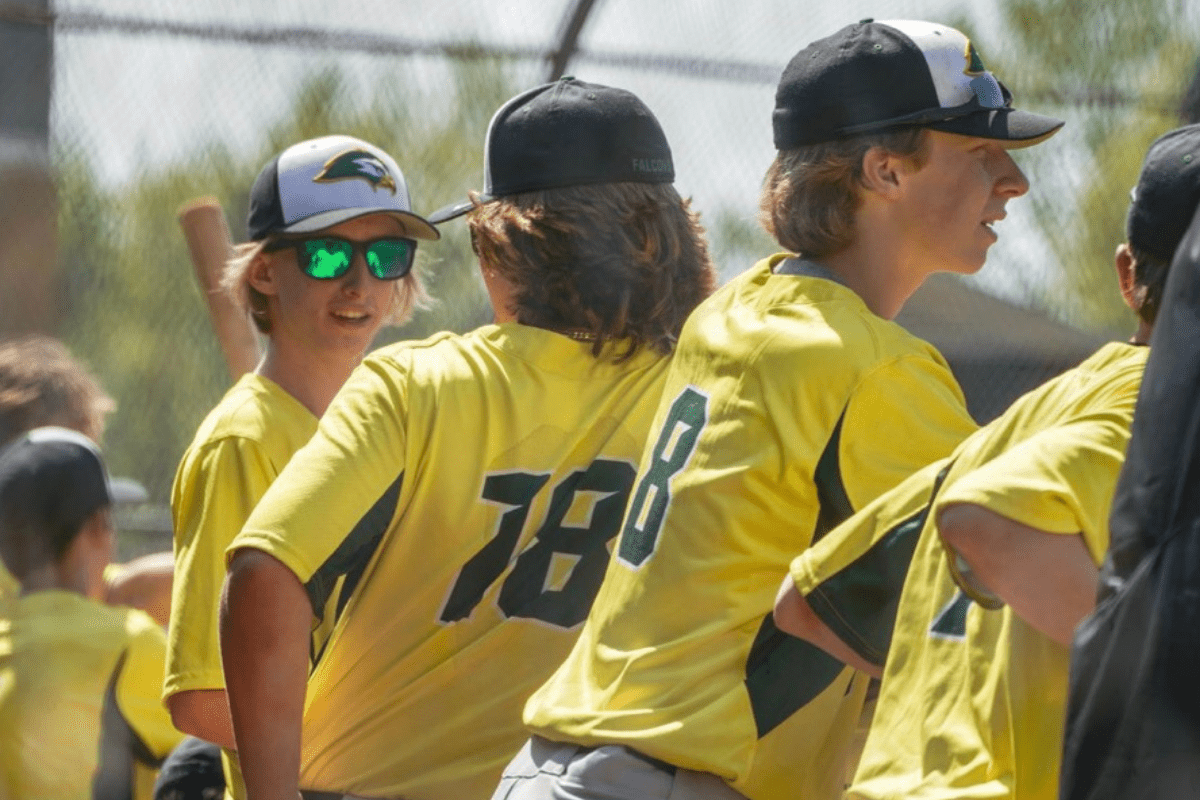
Community benefits of youth sports
Local youth sports and summer youth sports are also an incredible way to bring in kids from the community that may not have other opportunities to be active or get outdoors time. Coaching youth sports is also a way for parents to snag extra time with their kids if they are working full time. There are also opportunities for mentoring in youth sports, which bring the community together and provide support to families in need. My kids have gotten to play on teams with kids they never would have met otherwise. It opens up their worlds. There are organizations working hard to create positive community involvement in youth sports.
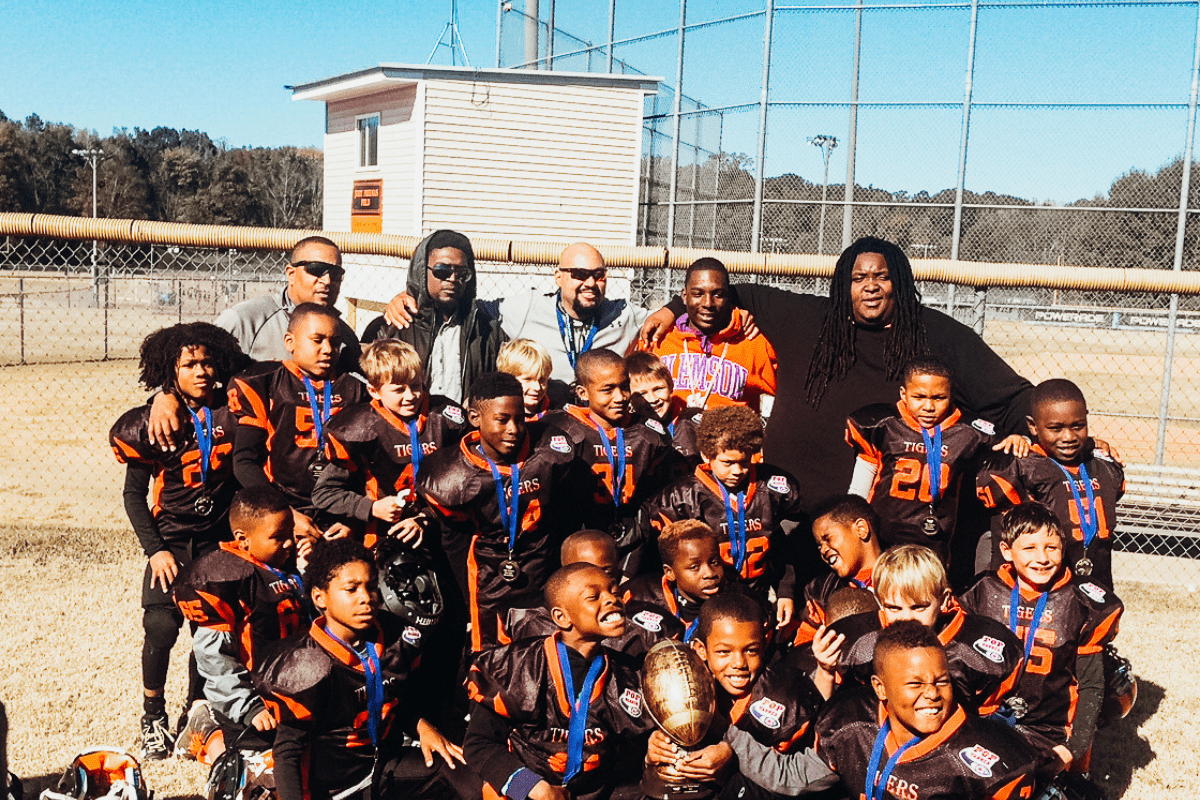
Benefits of sports in school
Another major benefits of organized sports is the opportunity for kids to represent their school. Whether an athlete is competing as an individual or on a team, there is something special about school sports. Yes, the practice and game schedules can be hectic, but the bonding among student athletes is incredible. Kids will face all kinds of developmental markers like uneven play time, inter-squad competition, and learning from different coaches in new ways. All things, if approached with a positive mindset, that will help shape kids and get them ready to leave the nest in the future. And it helps instill pride for your community and school in your childen.
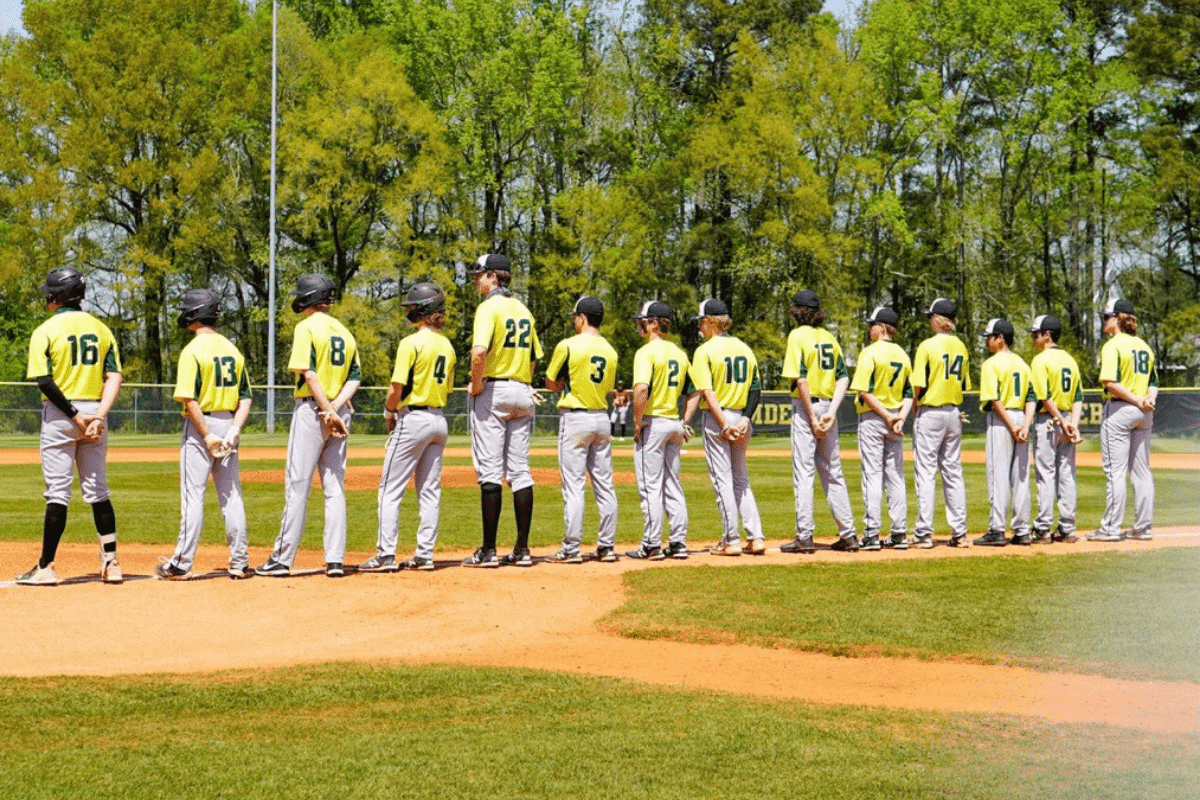
Benefits of free play for kids
There are numerous developmental benefits of free play for children of all ages, and they begin at a very young age. Unlike sports, most free play starts very organically within the family structure. Parents of young children can visibly see the positive effects of free play starting in the toddler years. The effects last well into the teen years as every kid needs time to let their minds and bodies move and explore without instruction.
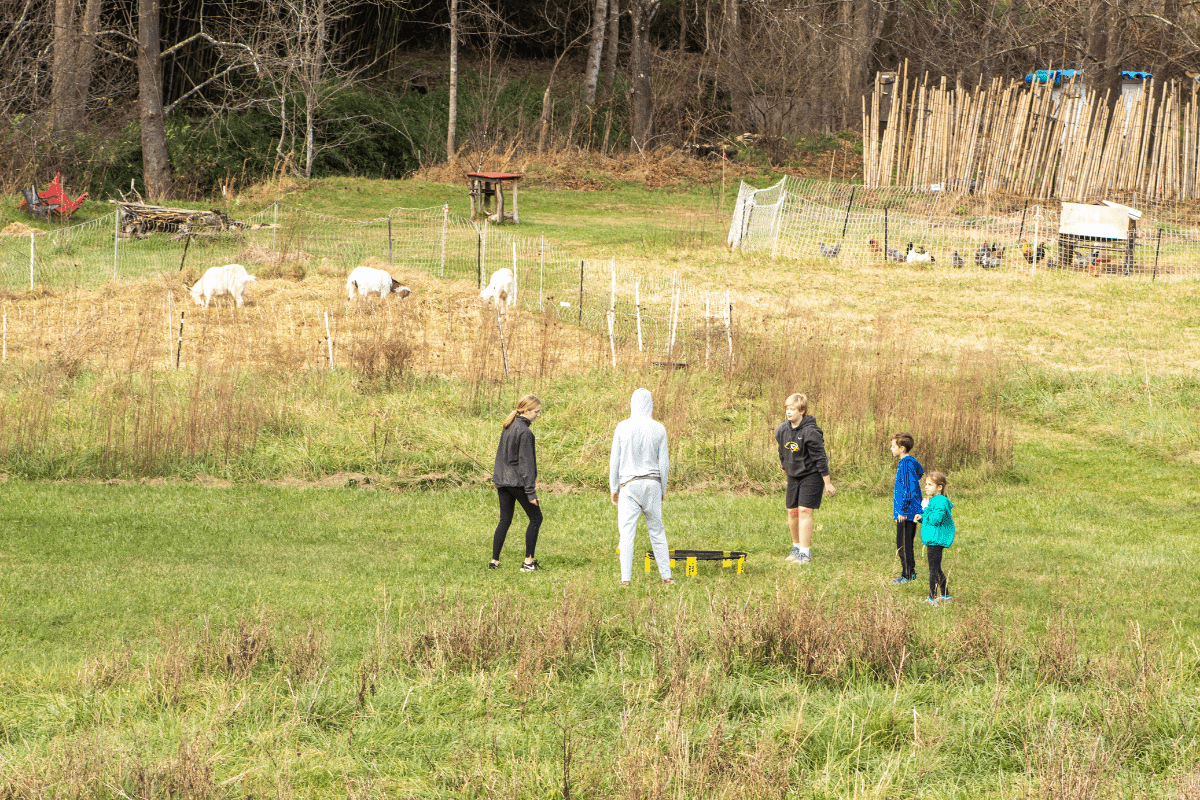
Physical benefits of play
Coordination and motor skills begin developing at an early age primarily through play. General movement, balance, and strength are all flourishing in the midst of free play. Most kids and parents don’t even realize they are teaching their bodies how to adapt to their play circumstances. Physical risky play is showing their bodies what they can and cannot handle as they fall down and learn how to get up and try again.
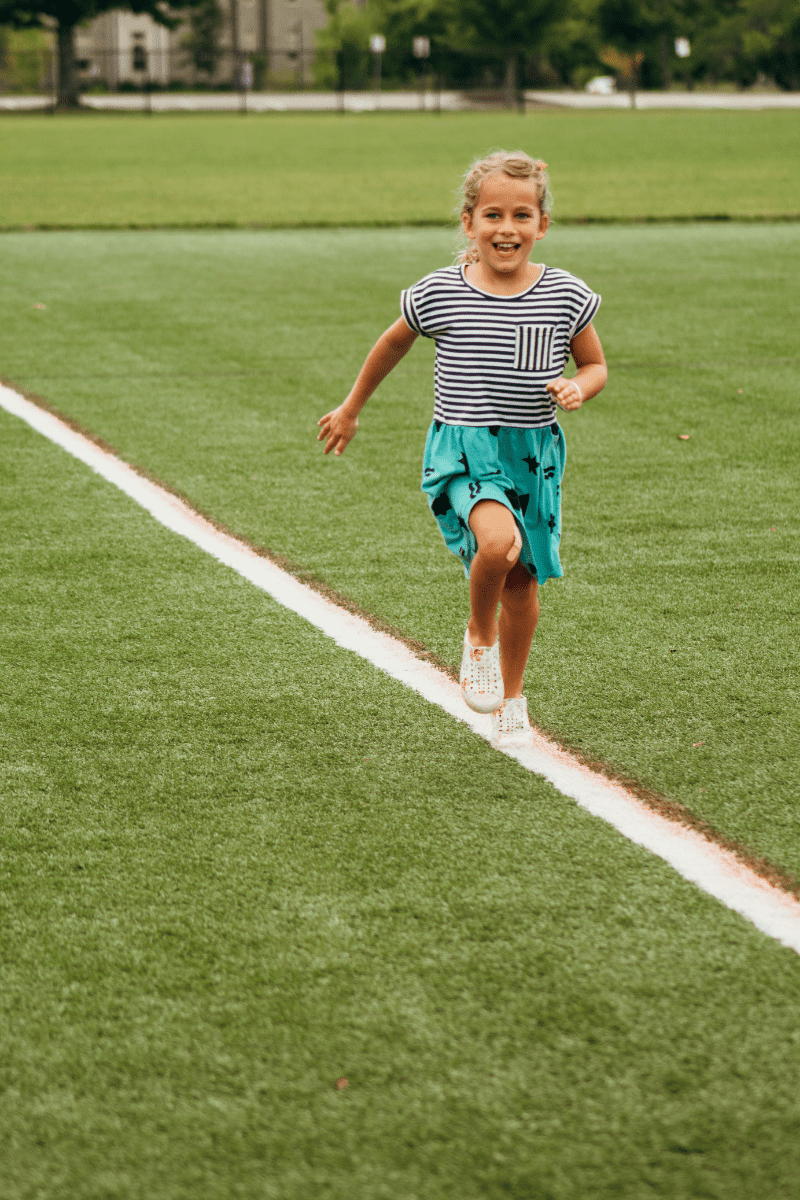
Cognitive benefits of free play
As kids play without the interference of instruction or guidance from adults, they are learning to problem solve and expanding their critical thinking skills. Natural creativity and imaginative play can flow without restriction in free play. This is where innovation can truly take shape, no matter the age. Content knowledge and memory are challenged as kids explore the outdoors world. Sensory play in the mud, water, and sand helps kids file away important information for future nature play encounters.
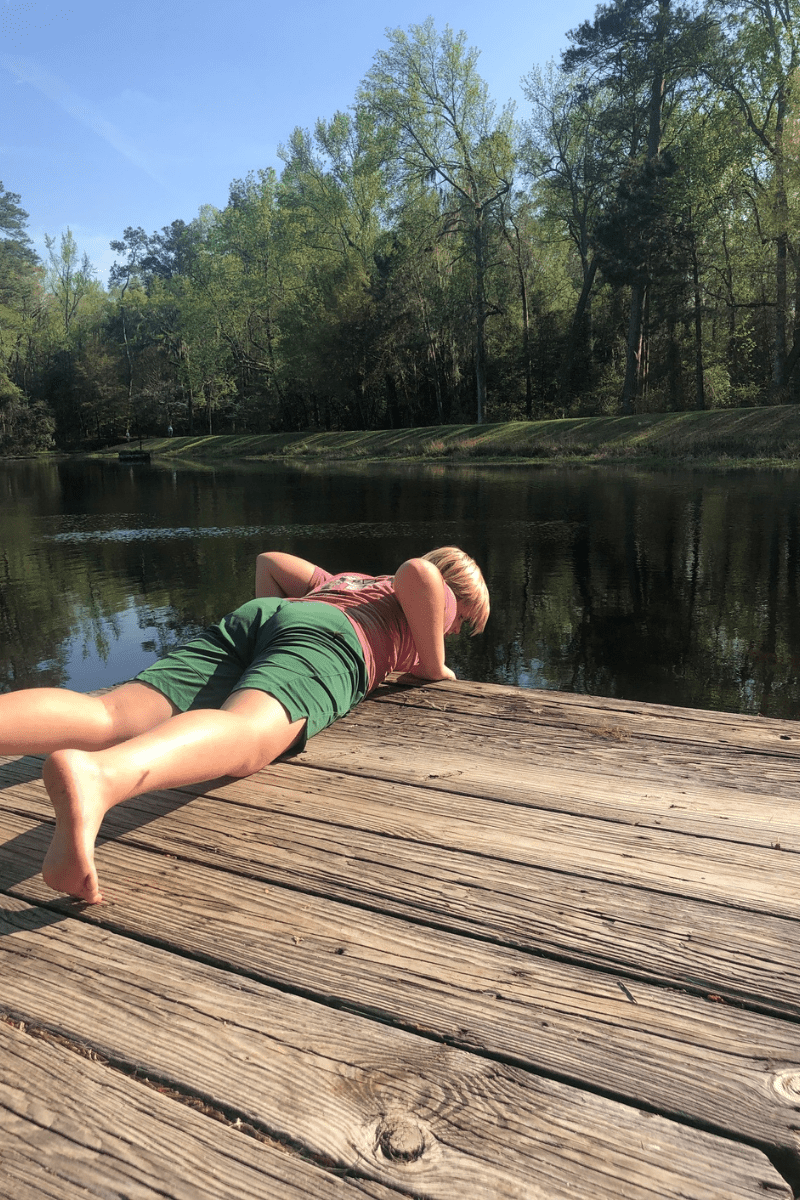
Emotional benefits of free play
Active free play gives kids the opportunity to express themselves without a coach or teacher telling them they are doing something right or wrong, allowing them to develop a sense of self. Self confidence builds as children experience open ended play where scores and points can be ignored or welcomed or made up! Free play also allows the release of emotions in a healthy way through running and jumping and wearing themselves out.
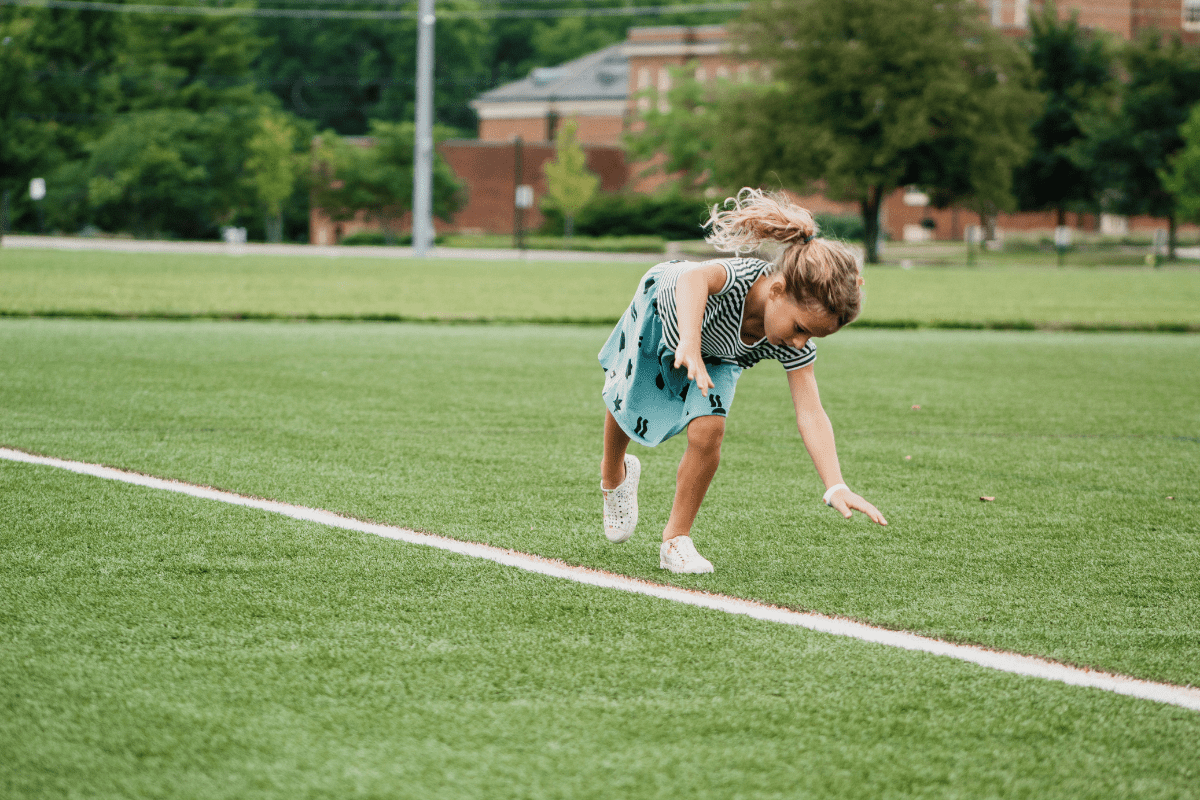
Finding a balance between play and organized sports
What I hope you will see is that many of the positives of structured youth sports and unstructured free play overlap and compliment one another. I can’t tell you exactly how to find a balance, but I can encourage you that a balance is achievable.
First, give those young kids all the free play time you can. Be with them outdoors and foster a love for moving their bodies and exploring the world around them while they are small. Nothing bad can come from that, I promise.
Second, let your children lead you into the organized sports world when they are ready and interested. If your daughter wants to try soccer, let her try. If your son has no interest in baseball, don’t force it. Focus on the importance of movement, not skill development. As your kids gets older and team sports become more demanding, continue to have reasonable conversations about your family’s values of time and money and how sports affects everyone. They may not like your parental decisions at this point, but they can reason and understand.
Third, a balanced family life is of the utmost importance and will look different for each family. We all have dynamics to contend with that others don’t. For example, we have three children in a 5 year span so we could not physically be in multiple places at once when they were young. That affected the decisions we made and the activities they could participate in. Finding balance in life requires boundaries and firm decisions that parents must take control to achieve.
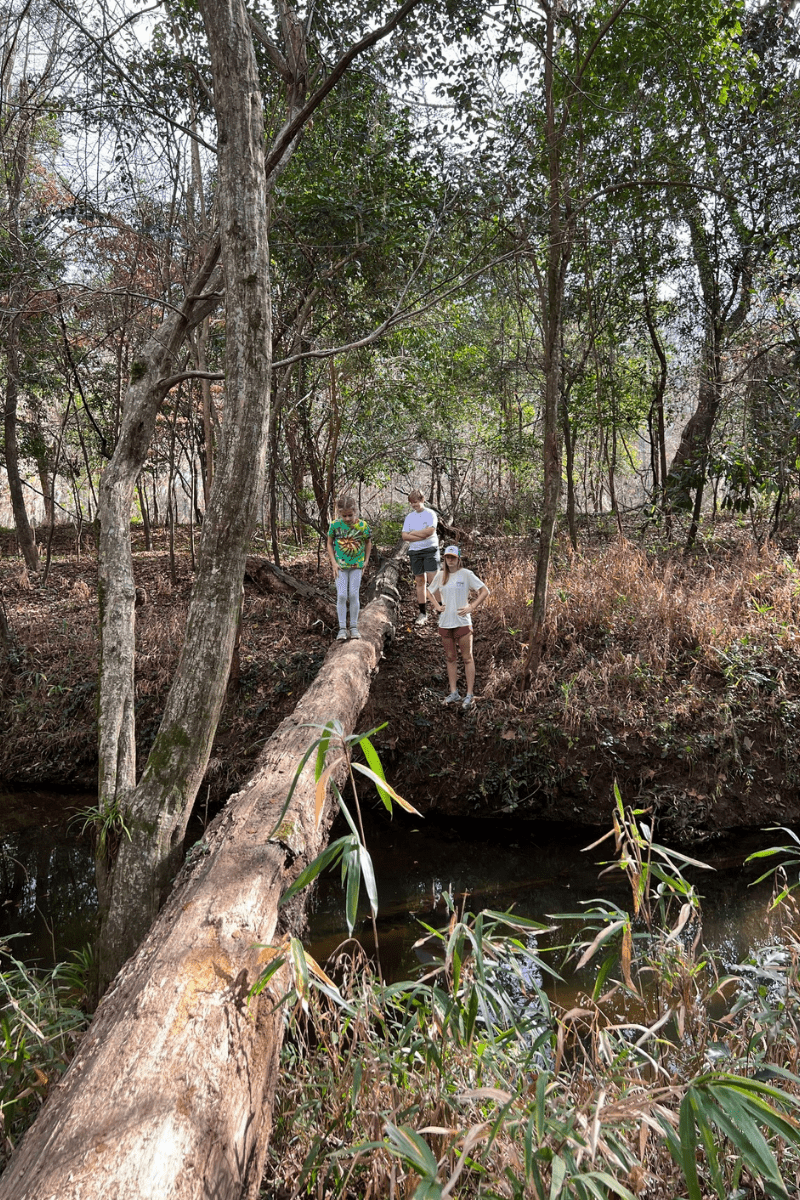
Words of caution on burnout and injuries
A few things to keep your eye on as your kids progress and excel include injuries in youth sports and burnout in youth sports. It should come as no surprise that overuse of arms and legs can wreak havoc on kids bodies. Personally, we never allowed our oldest son to play any travel baseball because he is a pitcher. We didn’t want his arm giving out at a young age so we compromised and found team tournament play to be a good middle ground. Any child who begins a sport young and continues for years and years will face burnout at some point. Give them a break if needed. No sport needs to be a kid’s sole identity.
Another warning would be not to swing too strong in one direction or the other. A healthy balanced life should include some form of organized sports and free play, even if it’s not always. If your child tries youth sports and it doesn’t stick, don’t sweat it! We have close friends who have a child that never enjoyed organized sports, but took to rock climbing and kayaking early. Don’t get too caught up in one way is right and the other is wrong. The point of sports and play is for active enjoyment in life.
Big kids still need free play
As kids get older, it’s seems like a natural progression for them to move from free play to more structured play with rules and parameters. It’s natural and happen. But, I have also found that big kids still need space in their lives for free play. You don’t outgrow play. At times, organized sports, especially school sports, can feel like an obligation or a chore for a child. Make sure to create time for free play for your teens and tweens because their bodies and brains need that release without the responsibility.
How are you creating a balance between play and organized sports?
Additional resources:

About the author
Jen has been married to her original adventure partner, John, for 20 years. She is a mama to 3 teenagers who, although they have busy and independent lives, love to adventure in the outdoors when they can. Jen is a native of Chicago, but has lived in South Carolina for two decades and calls it home. She’s always planning the next adventure for herself or her friends, whether near or far. Hiking, kayaking, sailing with her family, or traveling the world is all about the experience and the journey. Her extroverted nature keeps her talking and smiling with anyone she meets along the way. She’s on a mission to show other busy families that traveling with teenagers is possible and fun!
You can find Jen online in the following locations:
Instagram: @gofamilyadventure
Website: Go Family Adventure
RWMC Posts: Jen Barnes

